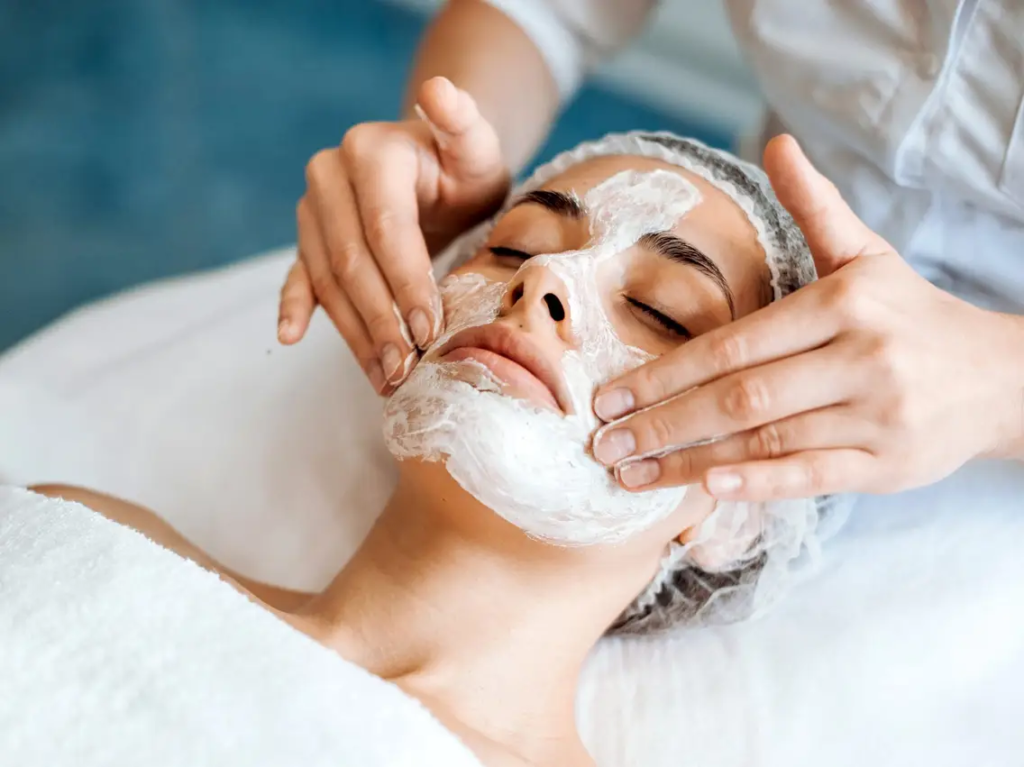Beauty has always been a powerful and multifaceted concept, shaped by cultural, societal, and personal influences. Over time, its definition 皮秒去斑 has expanded from rigid standards to a broader, more inclusive understanding. In the modern era, beauty has moved beyond traditional norms, embracing diversity and authenticity as key elements. This evolution reflects a growing recognition that beauty is not a one-size-fits-all ideal but a spectrum of individual expressions and values. This article explores how the modern concept of beauty has transformed, highlighting the significant changes and implications for contemporary society.

Historically, beauty standards were often defined by narrow criteria, such as symmetry and proportion, as seen in ancient greek art and Renaissance masterpieces. These classical ideals emphasized a universal standard of beauty that was often exclusive and difficult for many to attain. In these eras, beauty was closely tied to notions of perfection and moral virtue, reflecting broader philosophical and cultural values. As society progressed, these rigid standards began to shift, giving way to more subjective and personal interpretations of beauty.
The 20th century marked a turning point in the perception of beauty, driven by cultural shifts and the rise of media influence. The post-World War II era saw the emergence of new beauty icons and trends that began to challenge traditional norms. This period witnessed the rise of diverse representations in fashion and film, though these changes were often still limited by prevailing societal biases. The latter half of the century introduced more inclusive ideas of beauty, but it was the advent of the internet and social media that truly democratized beauty standards, allowing a wider range of voices and images to be seen and celebrated.
In the 21st century, the concept of beauty has continued to evolve with an emphasis on diversity and authenticity. The digital age has enabled a more inclusive portrayal of beauty, showcasing a variety of body types, skin tones, and personal styles. Social media platforms have played a crucial role in this transformation, offering space for individuals to share their unique definitions of beauty and challenge conventional standards. Influencers and activists have used these platforms to advocate for more inclusive and realistic representations, leading to a broader acceptance of what is considered beautiful.
Moreover, the modern beauty industry has increasingly aligned itself with values of sustainability and ethical responsibility. Consumers are more aware of the impact of their choices on the environment and society, prompting a shift towards eco-friendly and cruelty-free beauty products. This trend reflects a deeper understanding that beauty is not just about appearance but also about the values and practices behind the products we use. The growing emphasis on self-care and personal well-being further underscores the idea that beauty is a holistic concept, encompassing physical, emotional, and ethical dimensions.
In conclusion, the modern evolution of beauty reflects a profound shift towards inclusivity and authenticity. From historical ideals of perfection to contemporary celebrations of diversity and ethical practices, the definition of beauty has become more inclusive and multifaceted. This transformation highlights the importance of embracing individual differences and aligning beauty with broader values. As we continue to redefine beauty in the 21st century, it is essential to recognize and celebrate the diverse expressions of beauty that reflect our evolving understanding of what it means to be truly beautiful.